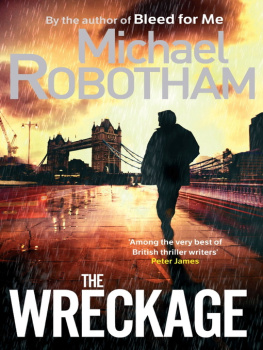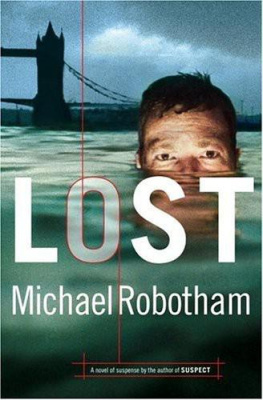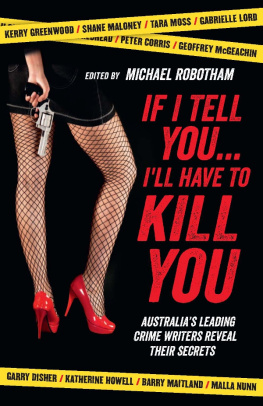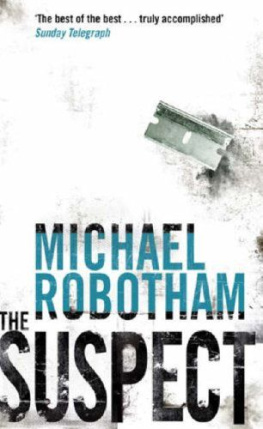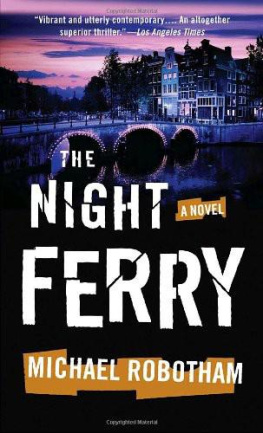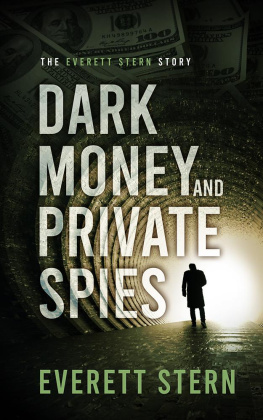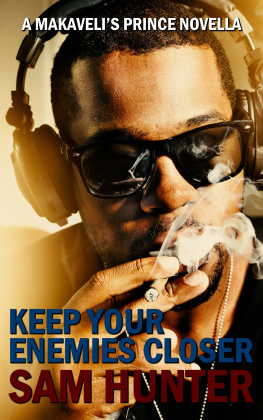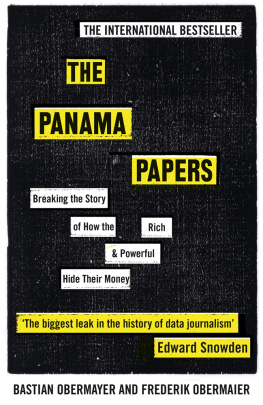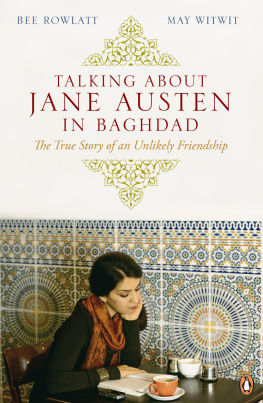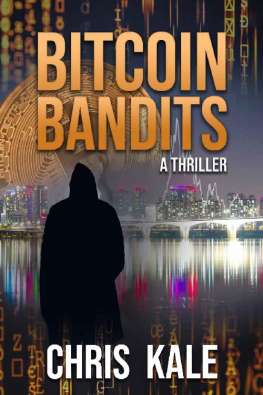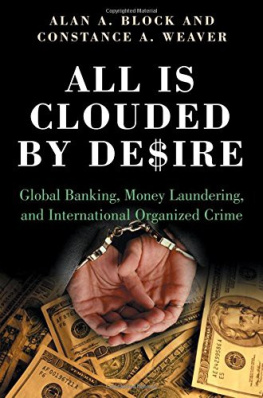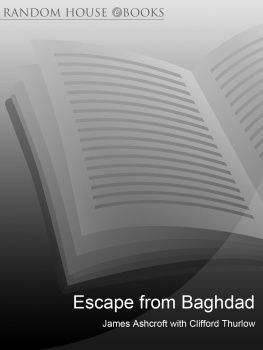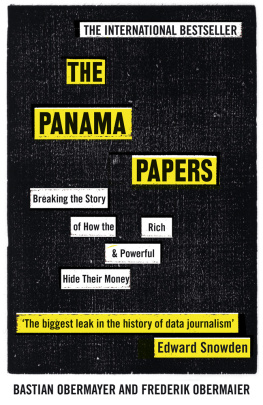THE
WRECKAGE

Michael Robotham

MULHOLLAND BOOKS
LITTLE, BROWN AND COMPANY
NEW YORK BOSTON LONDON
For Ursula Mackenzie
During times of universal deceit, telling the truth becomes a revolutionary act.
GEORGE ORWELL
H ave you killed?
Many times.
Were you scared?
No.
Never?
Its not hard to take a life when a life has been taken from you. It is not about embracing revenge or nurturing hatred. And forget about taking an eye for an eye. Equality is for the weak and stupid. Its about pulling the trigger simple as that. One finger, one movement
Who was the first?
A schoolgirl.
Why?
I cant remember, but Ive never forgotten the warmth of the day, the blinding glare, the dust on the leaves of the apricot trees. It was apricot season. In that final instant everything slows downthe cars, the buses, voices on the street. Everything goes quiet and all you hear is your own heartbeat, the blood squeezing through smaller and smaller channels. There is no other moment like it.
Why do they call you the Courier?
I deliver messages.
You kill people?
People kill every day. Nurses push needles. Surgeons stop hearts. Butchers slay beasts. Youre doing something good here. You and the others are going to be famous. You are going to create a day that will live forever, a date that doesnt need an explanation. History made. History changed. These things begin somewhere. They begin with an idea. They begin with faith.
Why me?
The others will also be tested.
Are you going to film it?
Yes. Here is the gun. It wont bite you. This is the safety. Pull back the slide and the bullet enters the chamber.
Nobody will see my face?
No. Now walk through the door. Hes waiting. Seated. He will hear you coming. He will beg. Dont listen to his words. Press the barrel to the back of his head and pull off the hood. Make him look at the cameras red light: the drop of electrified blood.
Should I say something? A prayer.
Its not what you sayits what you do.
T he most important lesson Luca Terracini ever learned about being a foreign correspondent was to tell a story through the eyes of someone else. The second most important lesson was how to make spaghetti marinara with a can of tuna and a packet of ramen noodles.
There were others, of course, most of them to do with staying alive in a war zone: Do not make an appointment to see anyone you do not trust absolutely. Do not go out before checking whether any suspicious vehicles are loitering outside. Do not assume that a place that was safe yesterday will be safe today.
These security measures were followed by all western reporters in Baghdad, but Luca had added a few of his own over the yearsadvice that came down to possessing three vital tools for survival: a natural cowardice; several US hundred-dollar bills sewn into his trouser cuffs; and a well-developed sense of the absurd.
The first call to prayer is sounding. Sunrise. Luca had been woken by the racket of washing machines, TV sets and air conditioners coming to life simultaneously. The government can only provide electricity during certain hours, which means the appliances trigger at random times, day or night, creating a strange symphony of music and metal.
Stripping off his T-shirt, he scoops water from a bucket with a ladle, pouring it over his head. Droplets pour from his short dark beard and down his chest over his genitals. Its already nearly ninety degrees outside and not even the shutters can keep the heat out once the sun hits the side of the building.
Drying his hair, he chooses a thin cotton shirt, something plain, cheap. He dresses like an Iraqi and tries to sound like an Iraqi. His shoes are not western. His sunglasses are not too foreign looking.
Sliding his hand beneath the mattress, he pulls out a compact semi-automatic 9mm pistol and tucks it into a holster in the small of his back. In his office, he unplugs his mobile, grabs his camera gear and opens the front door of his apartment, checking the corridor and then taking the rear stairs.
A security guard dozes behind a desk in the foyer.
Sabah al-khair, Ahmed.
The guard jerks awake, reaching for his rifle. Luca holds up his hands in mock fear and the guard grins at him.
Have you made the city safe, Ahmed?
I have defused two dozen bombs.
Excellent. Just dont recycle them.
The guard laughs and gets to his feet. His belt is undone, his stomach bulging freely.
Luca opens his mobile and calls Jamal.
Where are you?
Two minutes away.
Glancing through the taped windows, the street view is shielded by concrete blast walls that are fifteen feet high. There are checkpoints at the two nearest intersections, giving the illusion of safety. Just like his rules for survival, Luca has developed his own conflict metabolism, attuned to the violence. His heart no longer punches through his chest when a mortar explodes and he doesnt duck when a round zings overhead.
Most of his colleagues reside in secure hotel compounds or in the International Zone (formerly the Green Zone), seeking safety in numbers, which is another illusion. Clean sheets, cold beer, wireless broadband and satellite TVmodern tools for the modern reporter.
The bombings a month ago had provided a salutatory lesson. The first explosion targeted the Sheraton Ishtar, toppling the concrete blast walls and leaving a crater fifteen feet deep and thirty feet wide. Cars were torn apart by the spray of metal and glass, which littered the lawns and courtyards of the fish restaurants along the river.
Three minutes later, a bomb went off near the Babylon Hotel; and six minutes later at the al-Hamra, tearing off the faade. Fourteen people died at the Sheraton, seven at the Babylon and sixteen at the al-Hamra, including a policeman who once helped Luca find a new battery for his mobile.
Luca had arrived at the hotel when the plume of dust and smoke still drifted across the skyline and the scent of shorn eucalyptus trees mixed with the ugly, sweet stench of burning flesh. Two women were found beneath the rubble, one of them covered in dust with long streaks of blood running down her face. May God kill the government, she shouted as they pulled her free.
Another ordinary day in Baghdad.
A text message on Lucas mobile: Thirty seconds. Out front.
Moments later a battered Skoda 130 pulls up outside the apartment block, a young man behind the wheel. A second vehicle is immediately behinda Toyota HiLuxthe chase car.
Luca stays low as he runs. The moment the car door closes, Jamal jams down on the accelerator, swerving around the flat-faced concrete barricades. The HiLux is close behind, ready to intervene in case of an ambush.
The Skoda is a classic Baghdadi car with a windshield crisscrossed with cracks and a dash covered in an old strip of carpet and faded pictures of Shia martyrs. Beneath the bonnet is a V8 engine from a Chrysler 340 and slabs of iron welded inside the doors, bullet-proofing Iraqi style.
Jamal drives like hes at Le Mans and dresses like hes a gay cowboy in plaid shirts and western-style jeans. He was studying to be a doctor before the invasion. In the chaos that followed, the universitys computers were stolen and the files destroyed by fire. Now he cant prove he has a science degree or three years of medical training.

